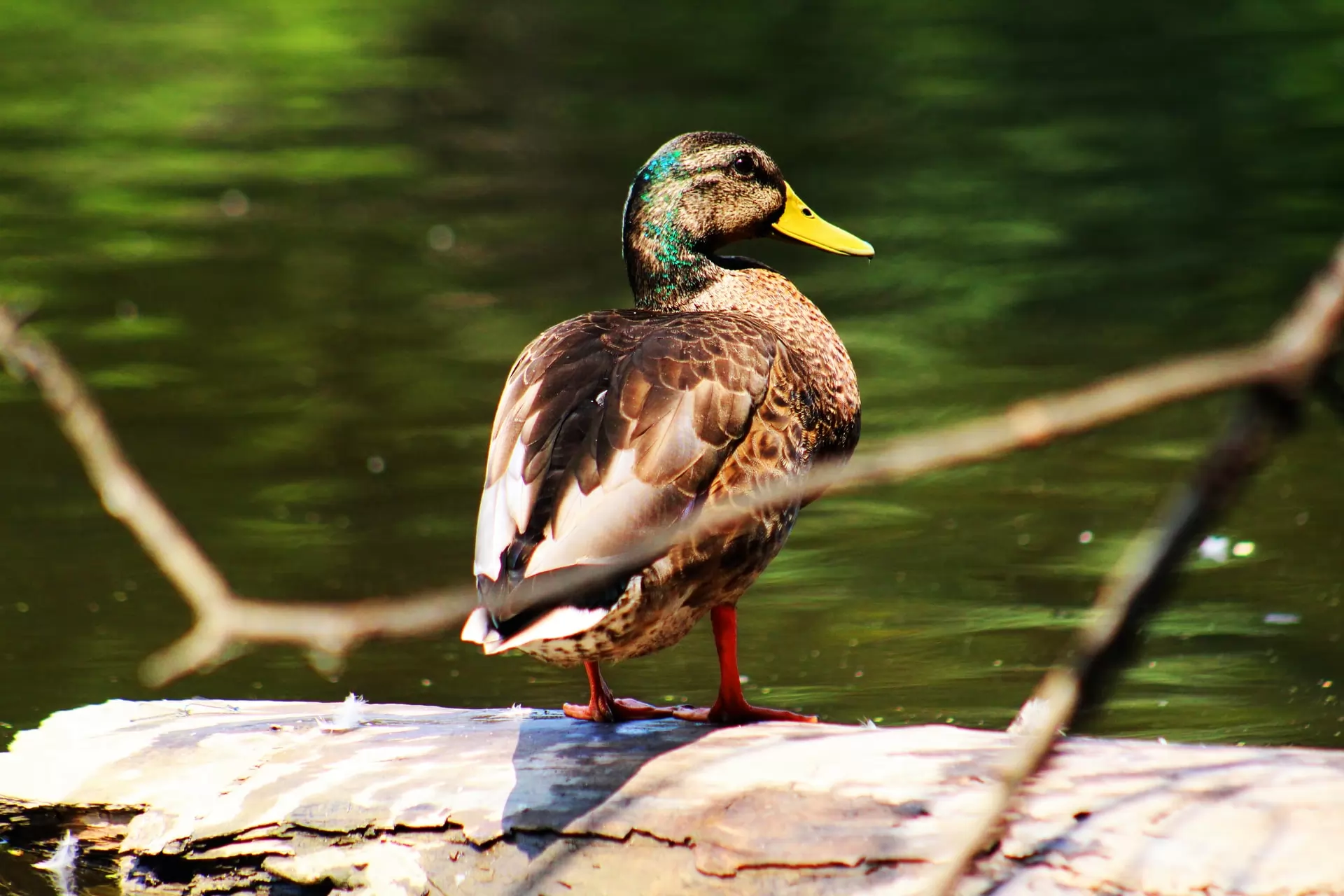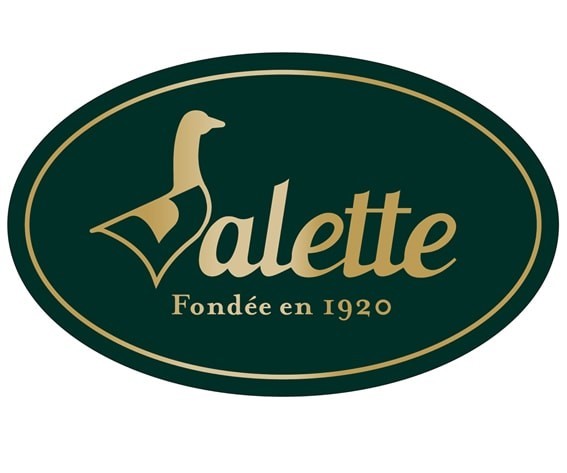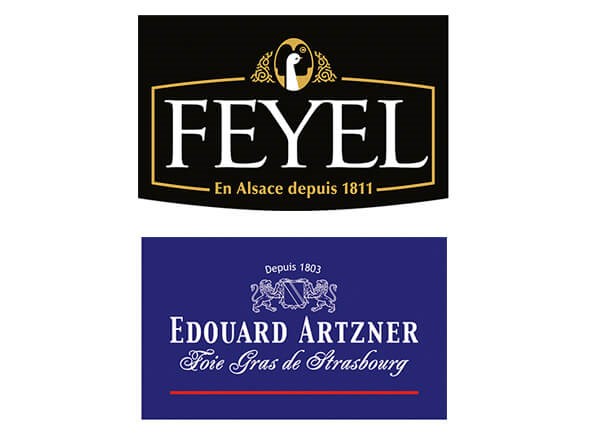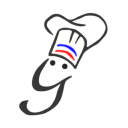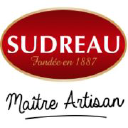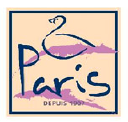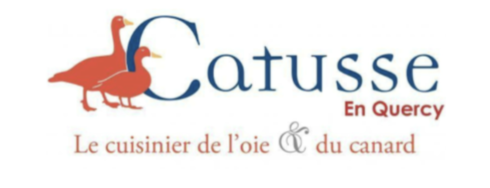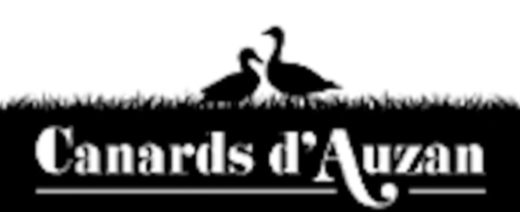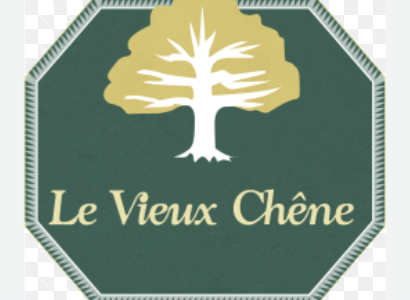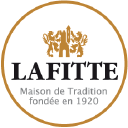Sintesi
per comprendere questo mercato
Dettaglio del contenuto
 Informazioni
Informazioni
- Pagine : 30 pags
- Formato : Versione PDF e digitale
- Ultimo aggiornamento : 12/07/2023
 Riepilogo ed estratti
Riepilogo ed estratti
1 Market Overview
1.1 Definition and presentation
Foie gras is a delicacy made from the fatty liver of duck or goose. However, several nations, including Italy, ban its production. Animals are fed "gavage" to obtain foie gras, which is a tube that continuously feeds the animal with fatty meals to expand the size of the liver. An estimated 80% of the world's production takes place in France alone, producing more than 20 thousand tons each year. Because it involves significant pain in animals, foie gras is one of the most contested animal meals in the world. Animal welfare organizations around the world have long campaigned to stop the production of foie gras; in Italy, the Stop foie gras campaign by "Essere Animali" helped ban its sale in supermarkets.
Despite recent restrictions on production and distribution in some countries (including New York and California), the foie gras market was valued at $1168.7 million in 2020 and is expected to reach $1198.8 million by 2028, growing at a CAGR of 1.8% from 2021 to 2028, according to the latest market research.
In Italy, as mentioned above, production but not import and trade is banned, but with several restrictions to reduce its consumption; today in Italy foie gras is not available in any supermarket but can still be purchased in online stores of typical products and freely tasted in restaurants. it is a food that in Italy costs approximately 80-100 euros per kilo, a price marked by the difficulties of consumption and not affordable for all citizens.
After the official ban on foie gras issued in New York, which came into effect in 2022, the production of foie gras certainly needs more ethical production.
Here comes from Toulouse, a study by researchers who would produce foie gras using bacteria to enlarge the liver of geese, thus avoiding forced fattening. The process is very expensive and would lead to a significant increase in production costs, but it would avoid practices banned in more globalized countries.
 Grafica
Grafica
- Distribuzione della produzione di foie gras
- Dimensione del mercato del foie gras
- Valore delle importazioni delle carni e frattaglie commestibili; di oche, fegati grassi, freschi o refrigerati
- Valore delle importazioni di carni e frattaglie commestibili; di anatre, fegati grassi (foie grass), freschi o refrigerati
- Impatto Covid-19 sulle importazioni di carni e frattaglie commestibili; di anatre, fegati grassi, freschi o refrigerati
Tutti i nostri studi sono disponibili online e in PDF
Ti invitiamo a consultare un esempio del nostro lavoro di studio su altri mercato!
Aziende citate in questo studio
Questo studio contiene un panorama completo di società di mercato con le ultime cifre e le notizie di ogni azienda :
 Perché Scegliere Questo Studio :
Perché Scegliere Questo Studio :
Accedi a più di 35 ore di lavoro
I nostri studi sono il risultato di oltre 35 ore di ricerca e analisi. L'uso dei nostri studi ti consente di dedicare più tempo e aggiungere valore ai tuoi progetti.
Approfitta di 6 anni di esperienza e oltre 1.500 studi settoriali già prodotti
La nostra competenza ci consente di produrre studi completi in tutti i settori, inclusi i mercati di nicchia o emergenti.
Il nostro know-how e la nostra metodologia ci consentono di produrre studi con un valore unico di denaro
Accedi a diverse migliaia di articoli e dati a pagamento
BusinessCoot ha accesso all'intera stampa economica a pagamento e ai database esclusivi per svolgere studi di mercato (+ 30.000 articoli privati e fonti).
Al fine di arricchire i nostri studi, i nostri analisti utilizzano anche indicatori Web (semrush, tendenze, ecc.) Per identificare le tendenze in un mercato e strategie aziendali. (Consulta le nostre fonti a pagamento)
Supporto garantito dopo l'acquisto
Una squadra dedicata al servizio post-vendita, per garantirti un alto livello di soddisfazione. +39 380 247 7810
Un formato digitale progettato per i nostri utenti
Accedi a un PDF ma anche una versione digitale per i nostri clienti. Questa versione consente di accedere a fonti, dati in formato Excel e grafica. Il contenuto dello studio può quindi essere facilmente recuperato e adattato per i tuoi supporti.
 Le nostre offerte :
Le nostre offerte :
the foie gras market | Italy
- Quali sono i dati relativi alle dimensioni e alla crescita del mercato?
- Cosa sta influenzando l'andamento e l'evoluzione del mercato?
- Qual'è il posizionamento degli attori di mercato?
- Segmentazione e profilo delle aziende operanti nel mercato
- Dati e numeri da una molteplicità di fonti
Pacchetto di 5 studi (-15%) IT Italy
- 5 rapporti a 75,6 € IVA esclusa per studio da scegliere dal nostro catalogo italiano per 12 mesi
- Risparmiare il 15% sugli studi aggiuntivi acquistati
- Scegliere il rimborso del credito non utilizzato al termine dei 12 mesi (durata del pacchetto).
Consulta i termini e le condizioni del pack e del rimborso del credito non utilizzato.
